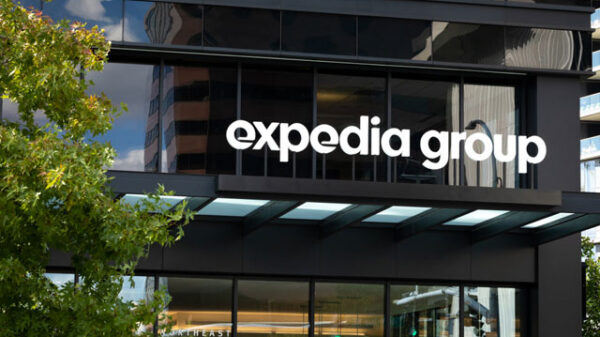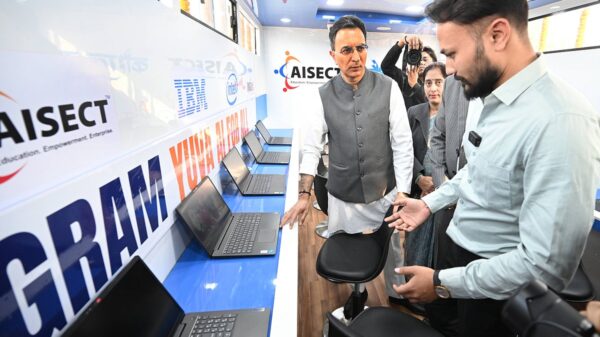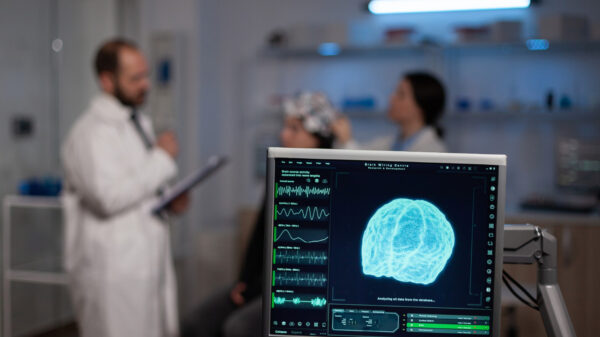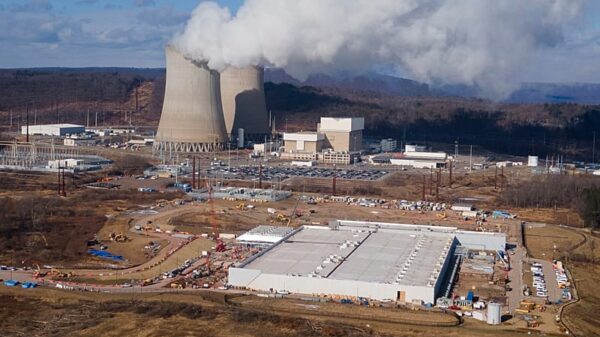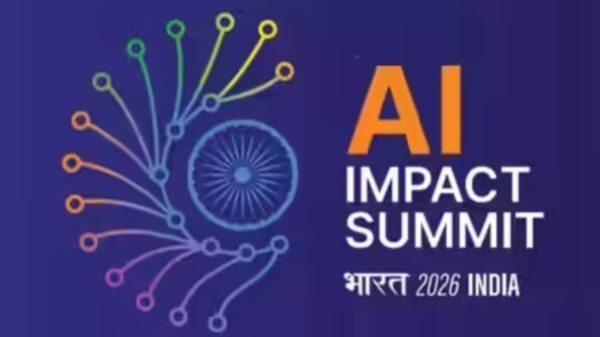The economic landscape in the United States has experienced notable growth in recent quarters, primarily fueled by substantial investments in artificial intelligence. However, this economic upturn is not universally beneficial, as evidenced by concerns raised by Bank of America.
Despite the apparent strength of the economy, many Americans are grappling with financial hardships, struggling to cover their daily expenses. The rise in AI-related spending has not translated into widespread financial relief for consumers, leaving millions feeling economically strained.
Analysts from Bank of America have pointed out that while corporate investments in AI technologies are soaring, the benefits are not reaching the average worker. Instead, these developments have highlighted a growing disparity in wage growth, raising alarms about the sustainability of the economic recovery.
The disconnect between corporate profitability driven by AI and the stagnant wages for workers poses a critical issue for policymakers and business leaders alike. As the economy evolves, the focus may need to shift towards ensuring that advancements in technology do not come at the expense of workforce stability.
In summary, while the injection of capital into artificial intelligence is reshaping various sectors, it has simultaneously underscored the challenges faced by everyday Americans, a reality that cannot be overlooked in discussions about economic health.
See also OpenAI Restructures Amid Record Losses, Eyes 2030 Vision
OpenAI Restructures Amid Record Losses, Eyes 2030 Vision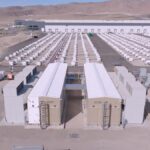 Global Spending on AI Data Centers Surpasses Oil Investments in 2025
Global Spending on AI Data Centers Surpasses Oil Investments in 2025 Rigetti CEO Signals Caution with $11 Million Stock Sale Amid Quantum Surge
Rigetti CEO Signals Caution with $11 Million Stock Sale Amid Quantum Surge Investors Must Adapt to New Multipolar World Dynamics
Investors Must Adapt to New Multipolar World Dynamics Doubts Rise Over Viability of AI as Hype Cycle Peaks
Doubts Rise Over Viability of AI as Hype Cycle Peaks

